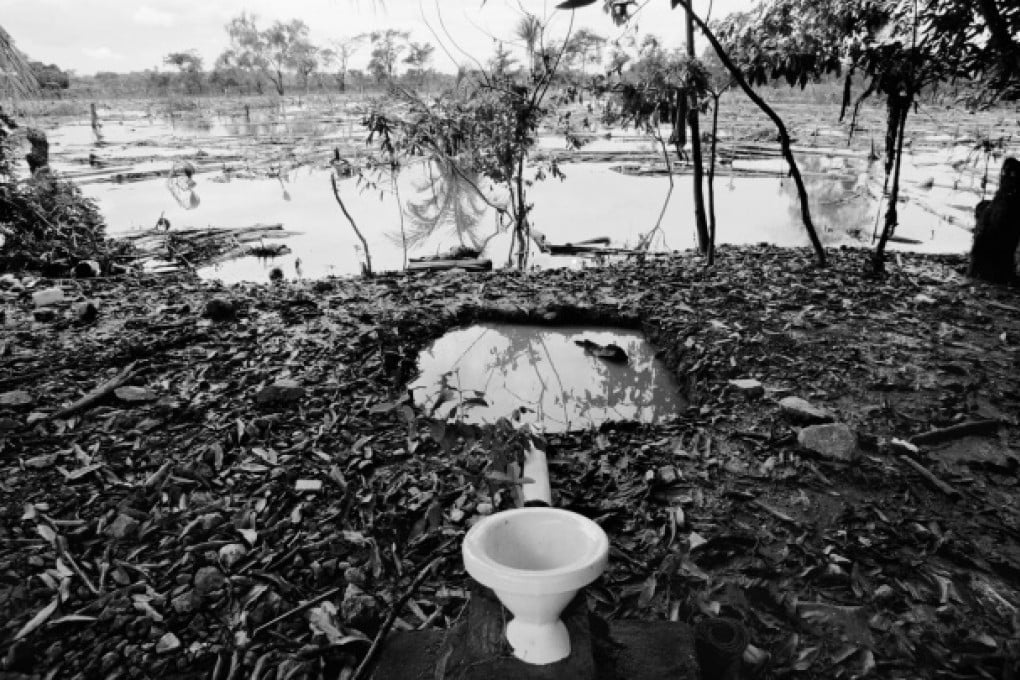A great waste
The many economical and ecological benefits to using human excrement and urine as fertiliser are not to be sniffed at. Fred Pearce gets to grips with a sorely underused resource

Locals call them honey-suckers, but don't be fooled by the name. They cruise through the hi-tech streets of India's newest megacity, sucking up its lowest-tech problem: sewage. These trucks empty Bangalore's million septic tanks and pit latrines, where the majority of its 10 million inhabitants relieve themselves.
In other cities, sewage trucks discharge their cargo into streams and lakes, adding to local pollution. But in Bangalore, the honey-suckers head for farms outside the city, where their stinking loads are in demand to fertilise vegetables and coconut and banana trees. The farmers pay good money for human waste; it produces bumper crops.
The honey-suckers of Bangalore are evidence that the world of excreta is being turned upside down. Realisation is growing that our faeces and urine are not simply waste to be disposed of as fast as possible, but a valuable resource. Flushing sewage into rivers is not just an environmental catastrophe, it is also a ludicrous waste of nutrients that could be helping to feed the world.
Consider what you excrete. You produce some 500 litres of urine and 50kg of faeces a year. Besides water and organic carbon, your annual output contains about 10kg of nitrogen, phosphorus and potassium compounds, the three main nutrients plants need to grow - and, helpfully, in roughly the right proportions. This is sufficient to fertilise plants that would produce more than 200kg of cereals, says Christine Werner of German development agency GIZ.
Scale that up and the world's population excretes 70 million tonnes of nutrients annually. Applied to fields, this could replace almost 40 per cent of the 176 million tonnes of nutrients in chemical fertilisers used by the world's farmers in 2011.
Spreading human sewage on fields that grow crops doesn't sound appealing, but it is safer than you might think. Urine is normally free from the pathogens that cause diseases while soil helps to filter and clean bacteria found in faeces. Processed and handled correctly, the organic carbon and nutrients in urine and faeces will make soil more fertile and better able to hold moisture. The benefits would be huge. Recycling our waste onto fields would increase food output and make life a lot easier for poor farmers, who often cannot afford fertiliser. For example, a typical family in Niger, one of the world's poorest countries, annually excretes nutrients equivalent to 100kg of chemical fertiliser, worth a quarter of a typical rural income, according to a study by Linus Dagerskog, of the Stockholm Environment Institute in Sweden.
Replacing chemical fertilisers would also conserve supplies of phosphate minerals, which are running low. And while nitrogen in the atmosphere may be practically inexhaustible, converting it into fertiliser is a major user of the world's energy. Just as the world has to find ways to reuse scarce metals, so we need to find ways to recycle nutrients.